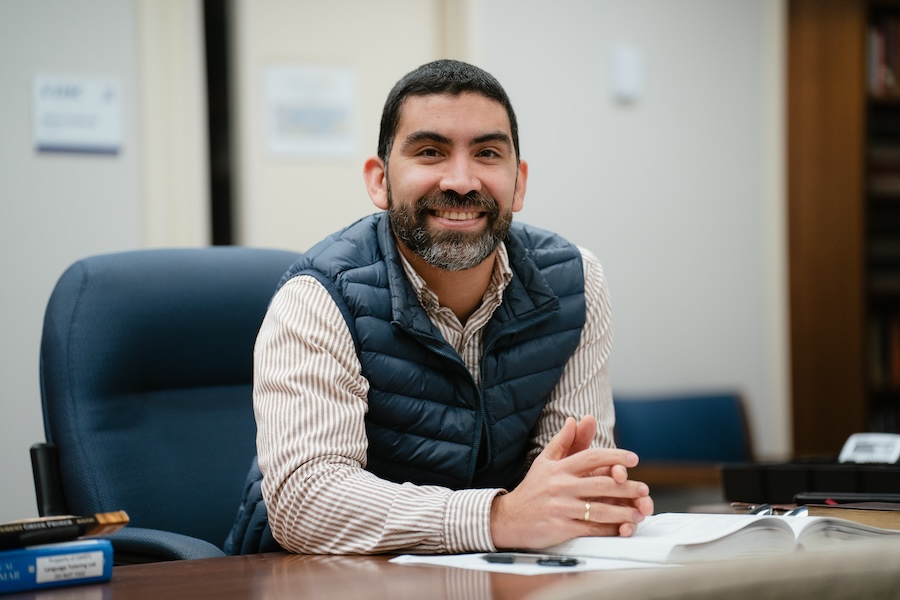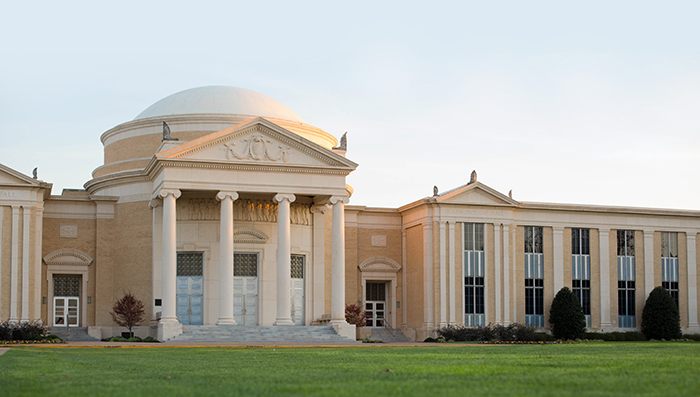HOW-TO: Start a biblical counseling ministry in your church


Editor’s Note: The following article originally appeared in the Spring 2021 issue of Southwestern News.
Biblical counseling could be described as “intense discipleship.” Like discipleship, the goal is to become more like Christ, but sometimes, individuals need specialized attention for struggles that are affecting their personal life or relationship with others. Depending on the type of problem, the person could meet with a spiritually mature man or woman or someone with biblical counseling training. Here are some suggestions to consider when starting a biblical counseling ministry:
Before planning a formal biblical counseling ministry, incorporate biblical counseling principles to your existing ministries. For example, you could offer a class for small-group leaders to deepen the nature of discussions that encourages people to share about their struggles. A culture of transparency, beginning with pastors and other leaders, promotes a church environment that doesn’t shame people into hiding their issues. We’re all a work in progress and need each other for accountability, prayer, and support.
Whether you’re the pastor or lay person with a biblical counseling background, you could start equipping men and women by discussing a book on biblical counseling. There are many good options. Instruments in the Redeemer’s Hands by Paul Tripp is one of them. You could also give a copy of the book to your pastor if he’s not familiar with biblical counseling.
If you’re counseling already, include an observer in your counseling sessions. This allows the person to experience real counseling, and you could discuss the case afterwards as part of training. Over time, you could team counsel or observe that person’s counseling sessions to provide feedback.
Consider registering for Southwestern’s certificate program in biblical counseling. It’s ideal for both laypersons and leaders who are not interested in completing a master’s degree but desire practical training in providing Gospel-centered care. It includes a biblical foundation of biblical counseling and skills to address common life problems. Most of the participants are serving in ministry in various ways.
Stay connected to an established biblical counseling organization for resources
on various topics and information on upcoming events. Here are a few suggestions: ACBC (biblicalcounseling.com), BCC (biblicalcounselingcoalition.org), CCEF (ccef.org). If possible, take a group with you to a biblical counseling event to learn from specialists and develop relationships with other biblical counselors.
Lilly H. Park is associate professor of biblical counseling at Southwestern Seminary.



